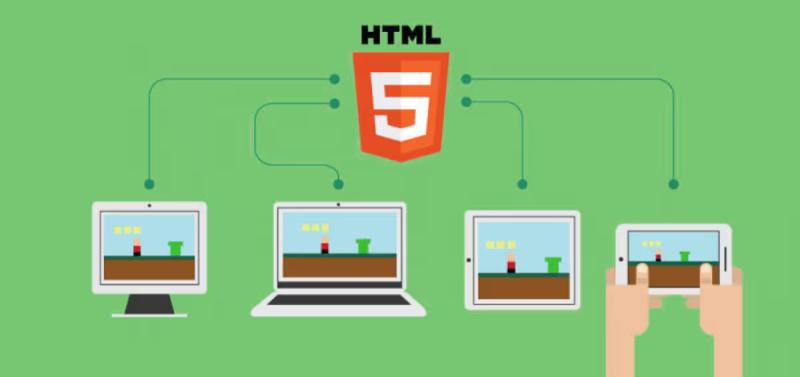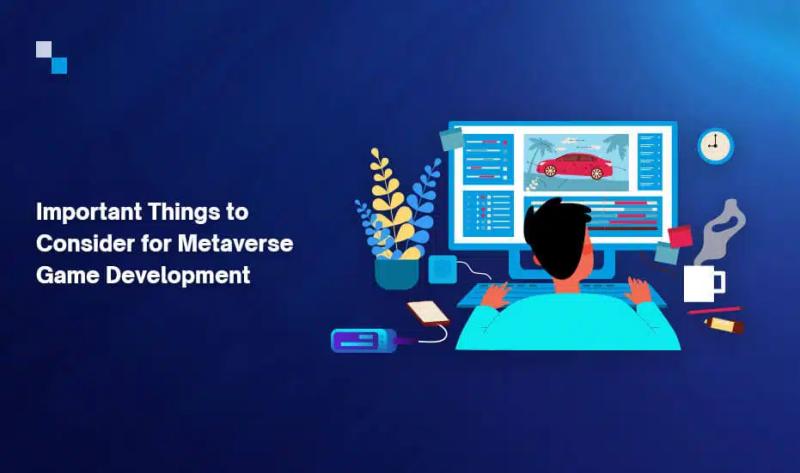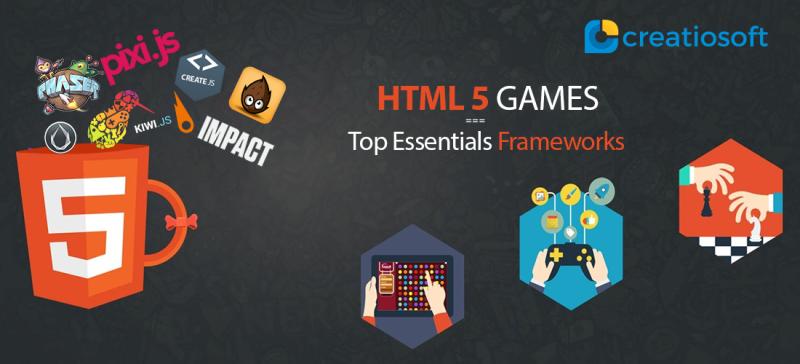How HTML5 Supports Multiplayer Game Experiences Seamlessly?

The demand for dynamic multiplayer gaming experiences has reached unprecedented heights in the ever-evolving world of online gaming. Gamers today expect seamless interactions, immersive environments, and a lag-free experience that transcends devices and platforms.
HTML5 at present is the game development technology that has revolutionized the way multiplayer games are developed and delivered.
Its versatility, cross-platform compatibility, and robust support for real-time communication make it an ideal choice for businesses to create multiplayer gaming experiences with the support of top HTML5 game development companies.
In this post, we will discuss:
How is HTML5 Proving Useful in Multiplayer Game Development?
Cross-Platform Compatibility
One of HTML5’s standout features is its ability to run seamlessly across devices and platforms. Unlike native applications that require separate development for iOS, Android, and the web, HTML5 games can be written once and deployed everywhere. This cross-platform compatibility eliminates the complexities of porting games and ensures that players can engage in multiplayer experiences regardless of their device.
For businesses, this translates to reduced development costs and a broader reach. HTML5 games can be accessed on smartphones, tablets, desktops, and even smart TVs, allowing players to connect with their friends anytime, anywhere. This accessibility not only enhances the gaming experience but also drives higher user retention and engagement rates.
Stunning Visuals and Performance
Gone are the days when browser-based games were synonymous with simplistic graphics and clunky performance. HTML5, combined with the power of Canvas API and WebGL, enables businesses to create visually stunning and highly responsive multiplayer games. However, to get a satisfactory outcome, you can share your project details with the best HTML5 game development companies.
Effortless Updates
In multiplayer games, keeping the content fresh and bug-free is essential to retaining players. HTML5 makes this process effortless. Since HTML5 games are hosted on servers, updates can be rolled out instantly without requiring players to download new versions.
This ensures that all players are on the same version of the game, preventing compatibility issues and fostering a seamless multiplayer environment.
For enterprises, this means less time spent on maintenance and more time focusing on creating engaging content. For players, it means uninterrupted gaming sessions and access to new features as soon as they are released.
Robust Frameworks and Tools
The HTML5 ecosystem is enriched with a plethora of frameworks and tools that simplify multiplayer game development. Frameworks like Phaser, PlayCanvas, and Babylon.js come equipped with pre-built functionalities. It allows businesses to focus on game mechanics and design rather than reinventing the wheel under the guidance of HTML5 game development companies in India.
Enhanced Monetization Opportunities
HTML5 not only excels in delivering seamless multiplayer experiences but also opens up a world of monetization opportunities for businesses. With its inherent support for in-game advertisements, microtransactions, and subscriptions, developers can implement revenue streams without disrupting the user experience.
Furthermore, HTML5 games are compatible with mobile payment systems, allowing businesses to tap into a growing audience of gamers who prefer making in-game purchases via their smartphones. This blend of immersive multiplayer gameplay and convenient monetization methods can significantly boost profitability.
Securing the Multiplayer Experience
Security is a top priority in multiplayer games, especially when dealing with real-time communication and player data. HTML5 supports various encryption protocols and security standards to safeguard data transmission and protect against vulnerabilities.
From implementing SSL/TLS for secure connections to using authentication mechanisms for user verification, businesses can ensure that players enjoy a safe and fair gaming environment. But to get the best result, you need to hire dedicated HTML5 game developer.
Seamless Social Integration
Modern multiplayer games thrive on social engagement, and HTML5 makes it easy to integrate social media and community features. Developers can embed functionalities like friend invitations, leaderboards, and live chat directly into the game interface. These features encourage players to connect, compete, and collaborate, creating a social ecosystem that fosters long-term player retention.
Progressive Web App (PWA) Compatibility
HTML5 powers Progressive Web Apps (PWAs), which allow multiplayer games to deliver app-like experiences directly through web browsers. PWAs enable offline capabilities, instant loading, and push notifications, ensuring players remain engaged even outside active gameplay. With PWA support, multiplayer games can offer convenience similar to native apps while retaining the flexibility of web-based solutions.
Final Thought
HTML5 has emerged as a game-changer in the world of multiplayer gaming, offering a seamless blend of performance, scalability, and cross-platform compatibility. Its robust support for real-time communication, stunning visuals, and effortless updates make it the go-to technology for developers aiming to deliver top-tier multiplayer experiences.
For businesses, HTML5 is not just a tool. It a gateway to reaching a global audience with high-end mobile game app development services. By embracing HTML5 for multiplayer game development, you can stay ahead of the competition and captivate players with experiences that keep them coming back for more.









Comments